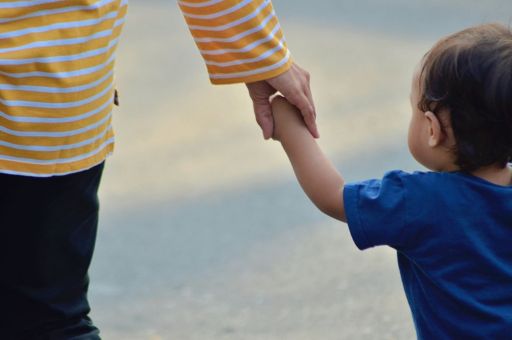Immunisation against respiratory syncytial virus (RSV) reduces hospitalisations and admissions of babies to intensive care units by 80%.
Health centres and hospitals start the campaign to immunise against respiratory syncytial virus (RSV) on 1 October. RSV is the main cause of bronchiolitis in children and is also responsible for hospital and intensive care admissions in the infant population.
Health calls on all families to immunise newborns and infants under six months of age before the start of the epidemic season of the virus, as there is a link between its administration and a decrease in hospital admissions for bronchiolitis. It has been shown that the administration of this immunisation, which began last season throughout Spain, reduces hospitalisations and admissions of babies to intensive care units by 80%.
TDB keeps you informed. Follow us on Facebook, Twitter and Instagram
Health starts immunisation campaign for children under one year of age against the virus responsible for bronchiolitis on October 1
The target population is children born between 1 April 2024 and 31 March 2025, regardless of whether or not they have risk factors. Health centres actively recruit all children born between 1 April and 30 September by contacting families. Appointments can also be made with the paediatric nurse’s office via the Infosalut Connecta telephone number (971 220 000). Babies born on or after 1 October will be immunised directly in hospitals before being discharged from hospital.
During the 2023-2024 campaign, a total of 7,264 immunisations were administered (82% of the target population). RSV, which typically circulates between October and March, is a contagious pathogen that primarily affects infants under one year of age and is often the leading cause of lower respiratory tract infection: this infection is particularly associated with bronchiolitis. Most hospitalisations due to RSV occur in previously healthy infants, as infants are more vulnerable to respiratory infections because their immune systems are not fully developed.
The drug used (called nirsemivab) is a monoclonal antibody that is administered by intramuscular injection. It protects the baby and reduces the development of serious complications in case of infection. One dose protects for at least five months. Because the antibodies are administered directly into the infant, there is no reliance on the newborn’s immune system to generate protection, so the effect is immediate after administration. Nirsevimab is highly effective in preventing infection and reducing the severity of respiratory infections. Moreover, because of its mechanism of action, it does not interfere with any vaccines on the schedule and can be administered simultaneously.
In addition, to try to prevent the transmission of RSV it is important to follow the following recommendations: wash your hands regularly, wash toys, clothes, utensils and bed linen frequently, and try to avoid close contact with smokers, people who are unwell or constipated, as they can be a source of contagion. It is also important to note that breastfeeding is a protective factor against infection.
